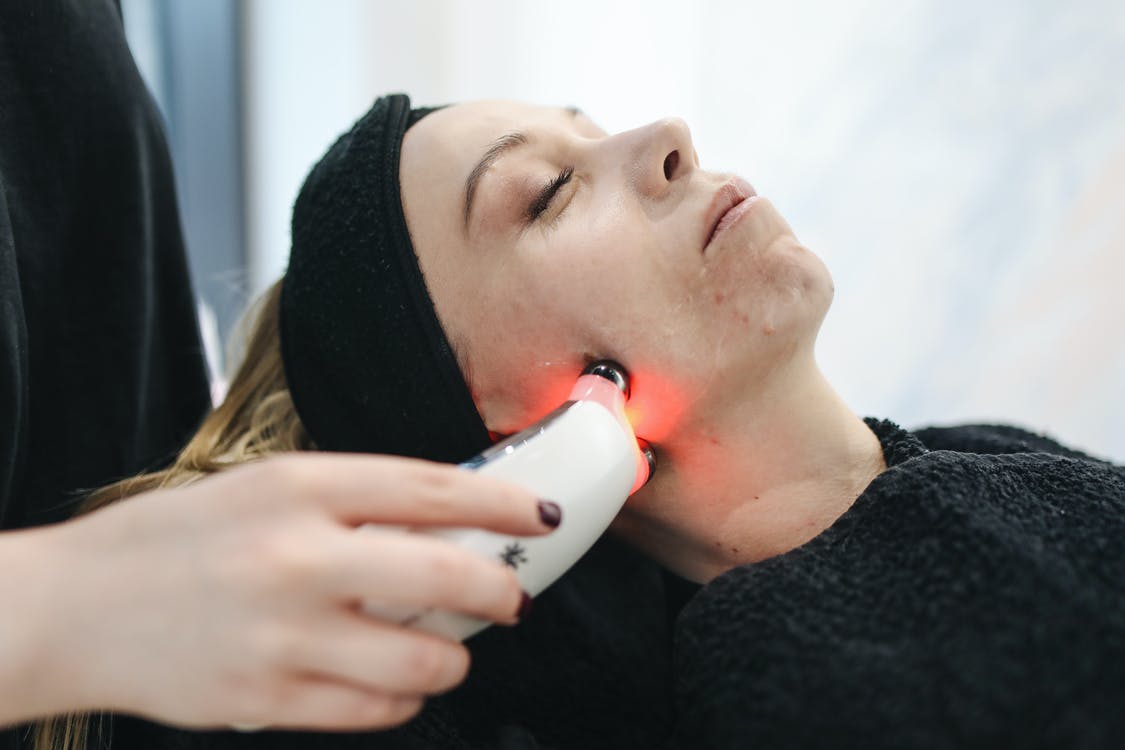Eczema In Adults: How To Care For The Skin And Treat The Condition - 5 minutes read
You’d think that adulthood is difficult enough, but then some skin condition that you thought you’d outgrown appears, and you’re left wondering why you have to be the chosen one. You’re currently hiding from that skin problem, particularly eczema, because you can’t afford to fall further down the cool-girl rankings. Eczema, like acne, is a skin condition that can affect anyone, including adults. Itchy, dry, sore, cracked, and red skin are possible symptoms.
Eczema Is Caused By What?
The exact cause of eczema is unknown, but it can be greatly influenced by a dip into the genetic pool (heredity). Eczema is thought to be caused by an overreaction of the body’s immune system to what it perceives to be an irritant. Specific soaps, cleaning agents, and also various other chemicals that come into contact with the skin can be deemed irritants by an eczema sufferer’s immune system. Adult eczema can also be caused by exposure to other allergens and infection with specific germs and viruses. Eczema has also been linked to severe weather conditions, as well as being around specific pets and dust.
Is It Possible To Treat Eczema?
Yes, eczema can be dealt with but not treated, especially if it is mild. Nonetheless, even the most severe cases can be effectively managed, with signs and symptoms such as itching and dry skin becoming virtually non-existent. For this to happen, you must be well-equipped with the necessary tools to enable you to win this battle with the problem.
Check Out These Pointers To Help You Manage Adult Eczema
Moisturize
Frequent application of creams and moisturizers that help shield the skin’s moisture barrier goes a long way toward alleviating eczema symptoms. Choose perfume/fragrance-free moisturizers and variations containing ceramides, which aid in the formation of the skin’s moisture barrier. Creams containing moisture-locking glycerin and shea butter are also excellent choices for eczema-prone skin. The greasier the moisturizer, the drier the skin.
Other Over-The-Counter Treatments
To treat inflammation, over-the-counter (OTC) treatments such as hydrocortisone 1 percent lotion or prescription lotions and ointments containing corticosteroids are typically recommended. If the affected area becomes contaminated, your skin specialist may prescribe antibiotics to kill the infection-causing microorganisms.
Make Use Of Steroid Creams

Photo: Cottonbro | Pexels
Steroid creams draw a lot of criticism because of the negative side effects they cause, but they have been shown to be effective in treating itching and inflammation. Nonetheless, a skin doctor must be on the recommending end.
Use Calcineurin Inhibitors
If your skin does not respond to topical steroids or if your eczema is in a sensitive area of your body, such as your underarms or eyelids, calcineurin inhibitors are your best option, but they should only be used under the supervision and prescription of a dermatologist.
LED Or Oral Treatment

Photo: Polina Tankilevitch | Pexels
If severe or widespread eczema persists, phototherapy/light therapy is an excellent option to consider. It entails suppressing the immune system under the supervision of a skin doctor. Light therapy is a popular treatment for a wide range of conditions, from eczema to anxiety. Other treatments include antihistamines and tar treatments to relieve severe itching, as well as the drug cyclosporine for people whose condition does not respond to other treatments.
Eat Eczema-Relieving Foods

Photo: Vanessa Loring | Pexels
Like with everything health-related, what we consume plays a big function in quickening or decreasing our treatment process. As an incentive, right here are foods that aid the fight versus adult eczema:
1. Banana: High in potassium.
2. Beef or chicken broth: Provides skin-repairing amino acid glycine.
3. Green onions: Rich source of vitamin K, important for healthy skin.
4. Potato: Rich in fibre, potassium and vitamin C.
5. Rice milk: Low allergy and low in chemicals and considered eczema safe
6. Buckwheat: Gluten-free and has a strong effect
7. Mung bean sprouts: Strong alkalizing food
The condition of a person’s skin can have an effect on their mood and, eventually, their overall well-being. When you are dissatisfied with your skin, annoyance can set in, leaving you humiliated and also isolated. It’s reassuring to know that you’re not alone in this, and that if you follow the advice above, things will get better.
Featured image: cottonbro | Pexels
Medical Disclaimer
All content found on the Website, including text, images, audio, video, and other formats is created for informational purposes only. The content is not intended to be a substitute for professional medical advice, diagnosis, or treatment. Always seek the advice of your physician or other qualified health providers with any questions you may have regarding a medical condition. Never disregard professional medical advice or delay in seeking it because of something you have read on this Website. If you think you may have a medical emergency, please call your doctor, go to the nearest hospital or call 911 immediately depending on your conditions.